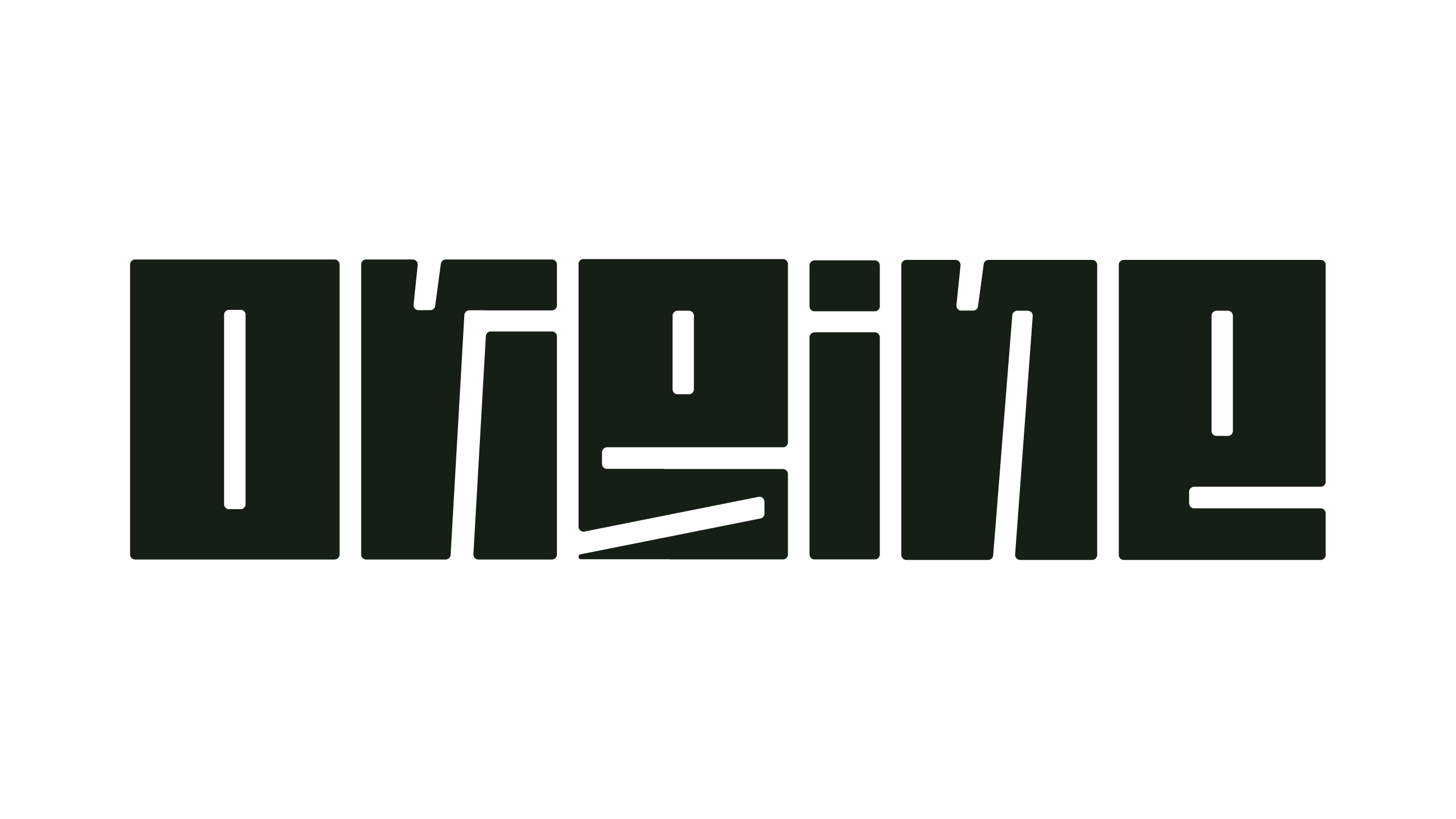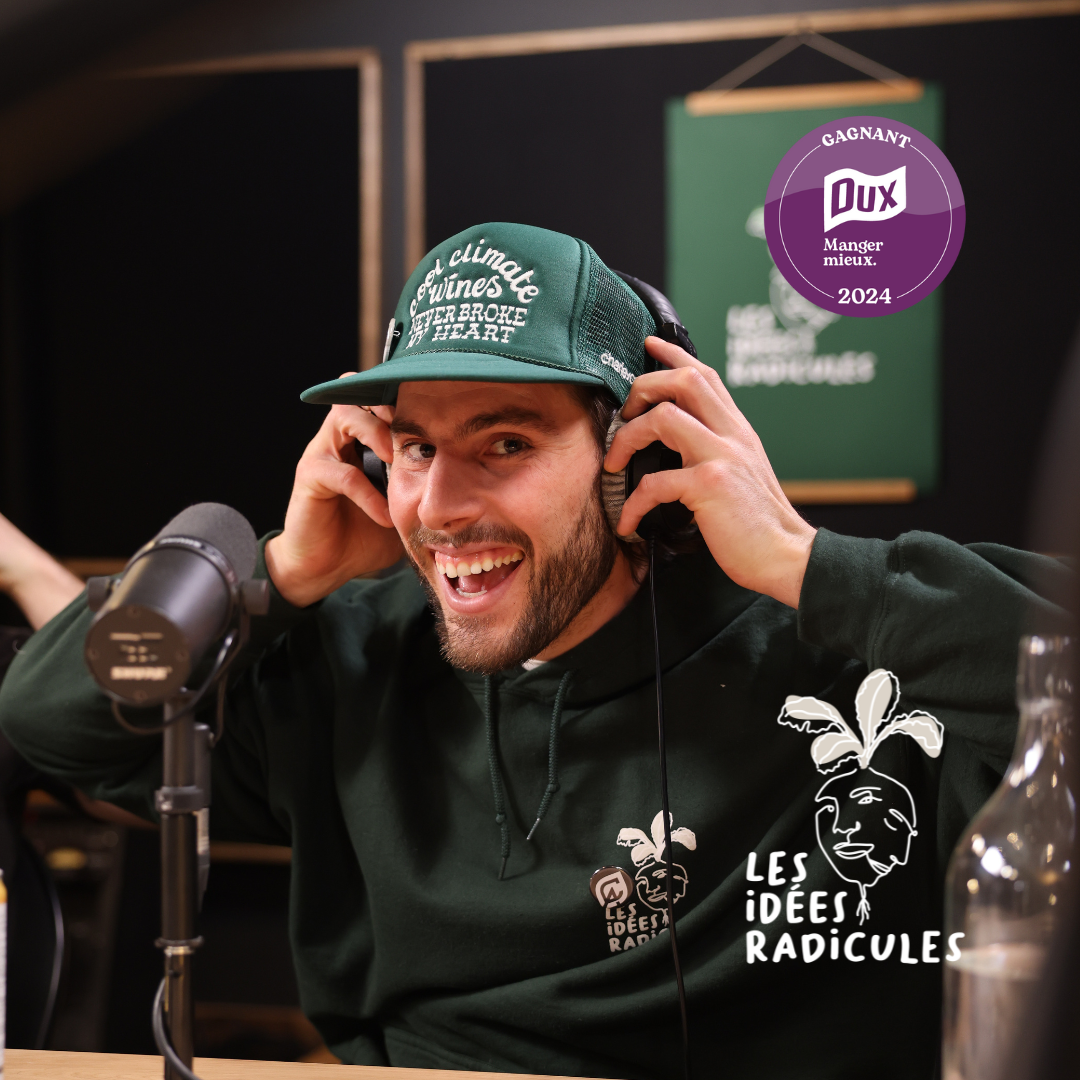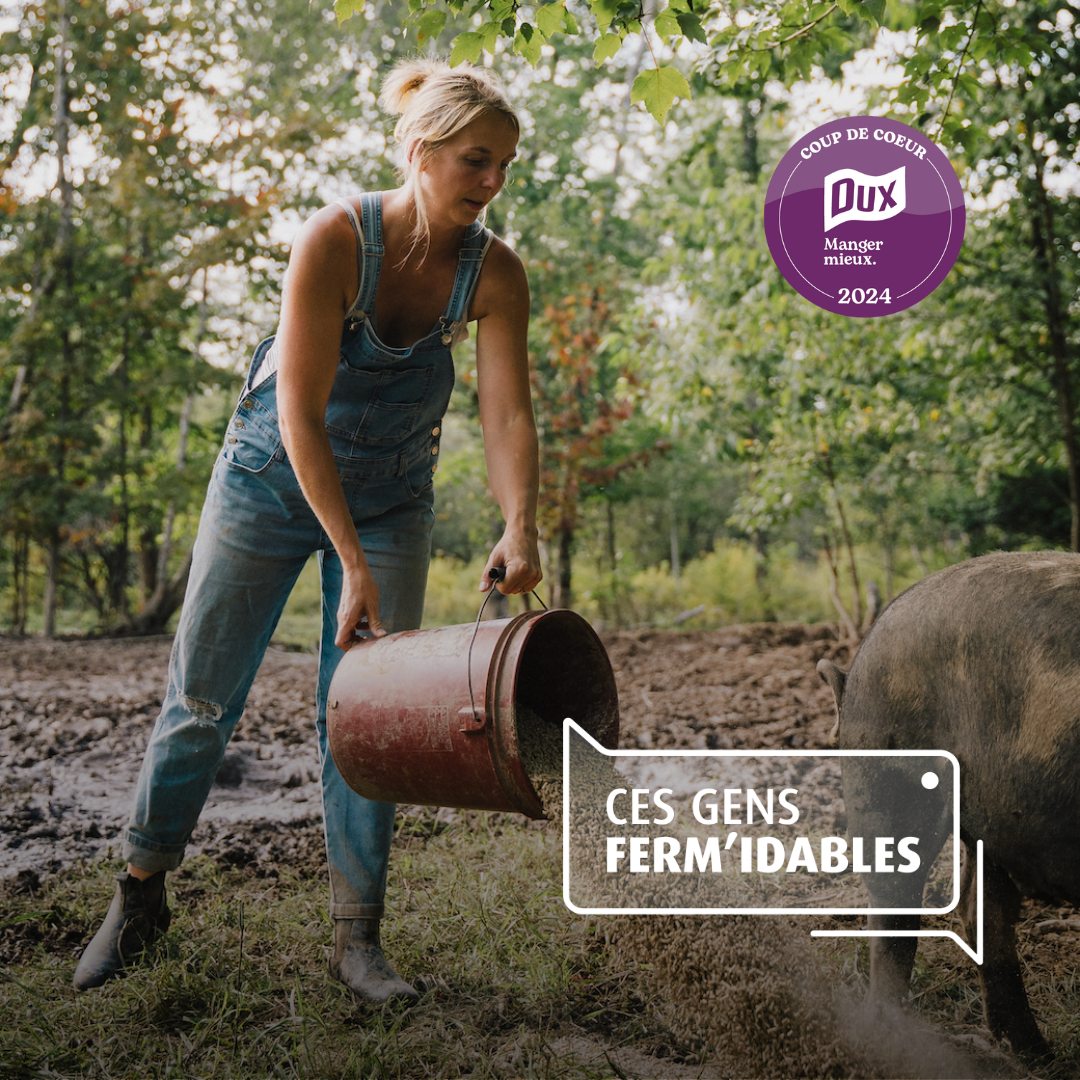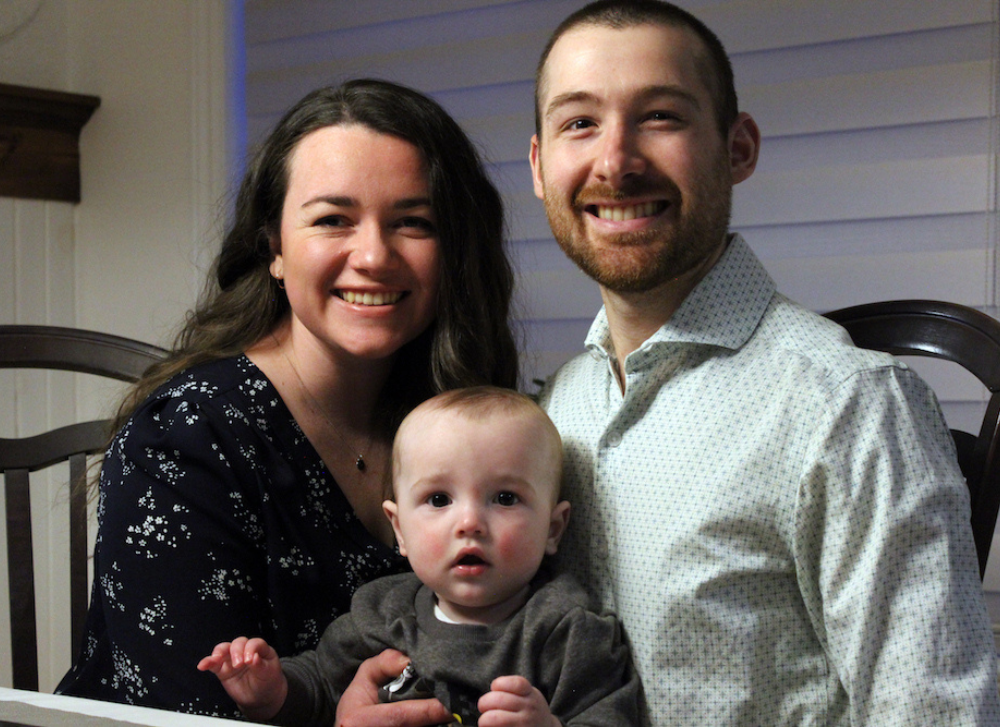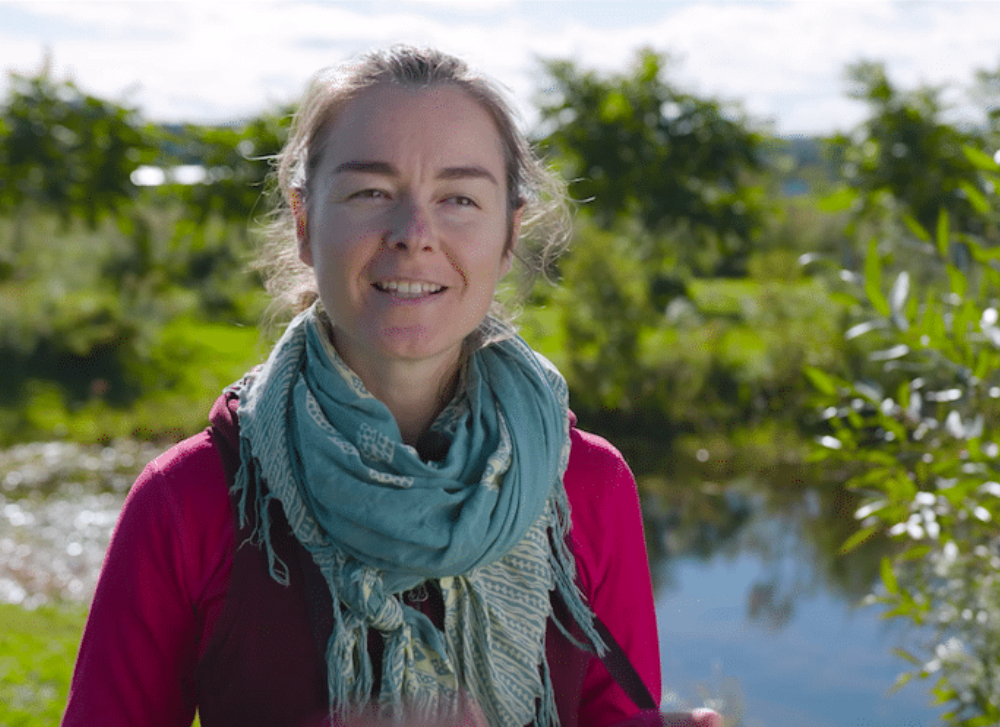Lowland fishermen
At the Central Market, a stone's throw from the Guzzo cinema which serves as a lighthouse, two young freshwater sailors have doubled the cape of Best Buy and walked along the Canadian Tire before dropping anchor in front of the Lufas Farms . It was in the basement of an industrial building on Rue Legendre that Nicolas Paquin and David Dupaul-Chicoine touched down and chose to set up Opercule, the very first urban commercial fish farming company in Quebec.
As they developed, 60,000 Arctic char eggs began to quiver, then wriggle before wriggling and swimming in tight schools in nine above-ground pools which, taken together, are equivalent to a badminton court submerged in two meters of water.
Rich in omega-3, phosphorus, vitamins D and A, magnesium, copper and zinc, these native salmonids of Quebec, also known as red trout, can measure between 35 and 45 cm and weigh between 0.5 and 4.5 kg. Superb beautiful pieces that will be the envy of many local restaurateurs from next Christmas.
Initially, Nicolas was not at all intended for fishing in an urban environment. A mechanical engineer, he was working on the construction of the CHUM when he asked himself the fateful question: if I were to die tomorrow, would I be satisfied with what I did with my life? In his exploration of the possibilities offered by all colleges, he started with the letter A and came across Aquaculture. He did not need to go further into the alphabet to find satisfaction. For his part, David, who had studied music, already showed a weakness for hydroponics, but fish farming tickled him. The two guys met at the Quebec School of Fisheries and Aquaculture in Grande-Rivière, 30 km from Percé.
After thinking of casting their nets in Gaspésie, they realized that many of the problems they would face would be solved if they established themselves in the metropolis. In Montreal, no market accessibility problem, no phosphorus surplus and access to clean water and sewers were big advantages.
“ We launched our pilot project in 2018 in a garage simple. We realized that the city water was good for fish, that there was little mortality. We started with larger fish to make sure the system was working well. Then we took smaller fish (20 g), then we bought eggs in the Yukon, in Shippagan (NB), then in the area of the Massif du Sud to ensure that everything was swimming from start to finish. That gave us 750 kg of fish per year. It takes a year before they become marketable. In the current fish farm, the eggs hatched in December 2021 and will begin to be marketable at 400 grams, around December 2022. They will reach 1 kg in the summer of 2023 and 2 kg in December 2023 . »
The two artisan fishermen, aged 39 and 32, wanted to develop their production system with the aim of reducing the environmental footprint to a minimum. They are the very first in Quebec to have adopted a recirculation system which allows 99.5% of the water to be recovered. While a traditional fish farm needs several thousand liters of water per minute, Opercule only uses 14 liters per minute. To make matters worse, the sludge is also collected to produce compost.
Free of pathogens and diseases, city water eliminates the need for medications, but the needs of fish do not allow us to do without a whole range of essential devices. You need biological filters to remove ammonia, mechanical filters for suspended particles, UV filters against pathogens, an ozone generator to destroy algae, heat pumps to maintain the temperature at 13 C. In addition, These fish from the Far North, accustomed to the midnight sun, need light and food 24 hours a day at certain times of the year. Fortunately, automation makes farm control easier.
Ultimately, Nicolas and David aim to be able to sell around 30 tonnes of these largemouth fish which they will distribute to restaurateurs by electric vehicles. And since Quebec imports 95% of the fish eaten here, the co-founders of Opercule intend to open a second, even larger fish farm in the metropolis. We bet it's going to be bustling in town!
